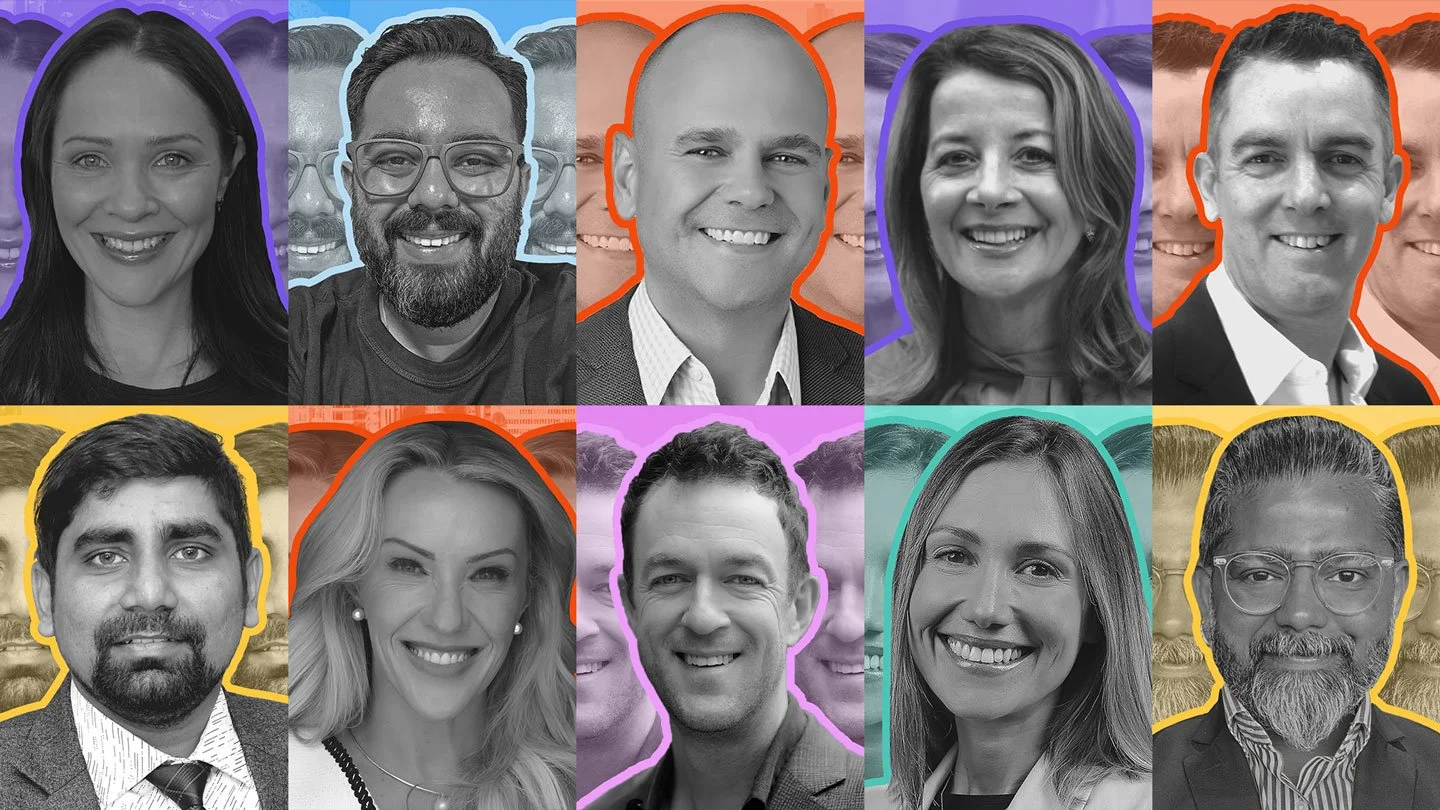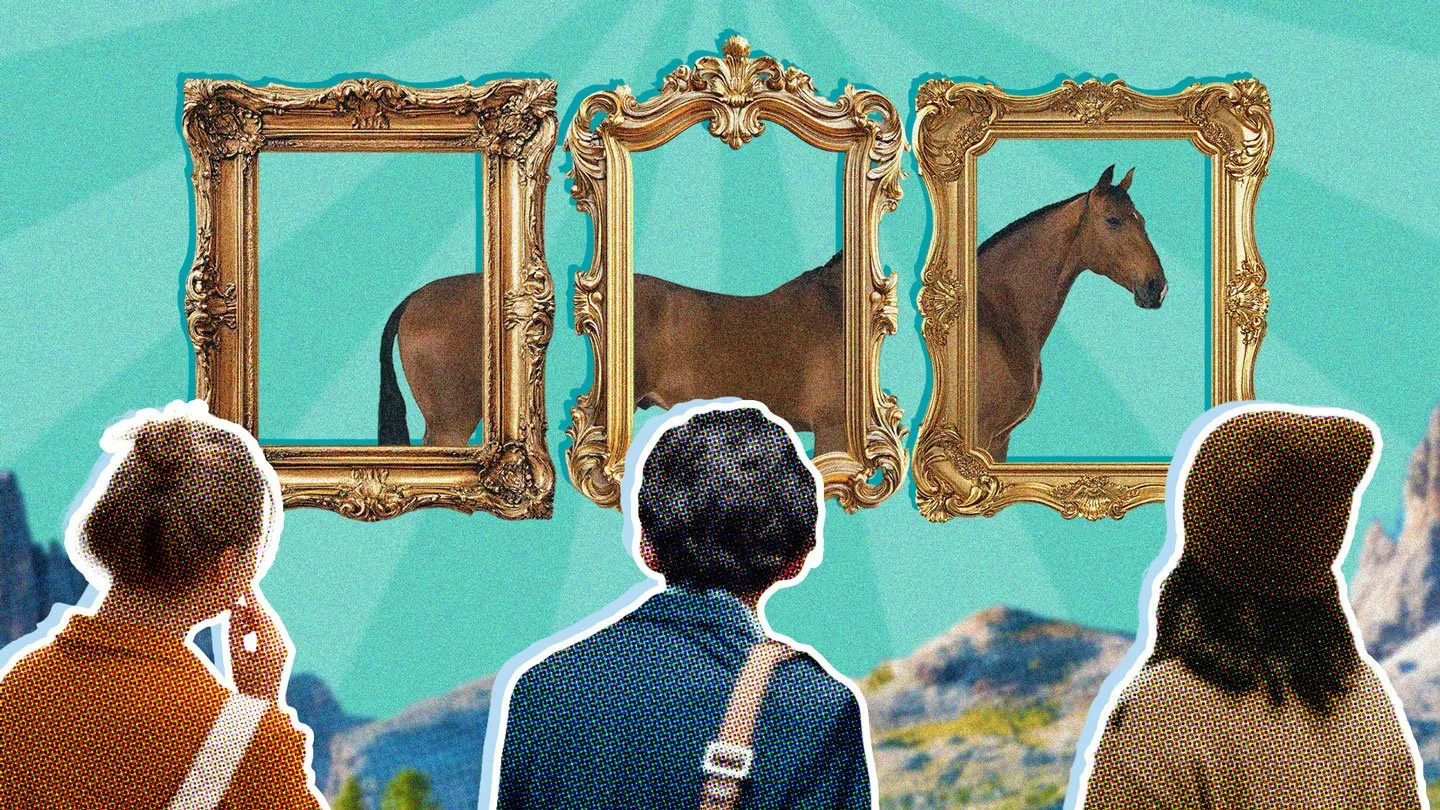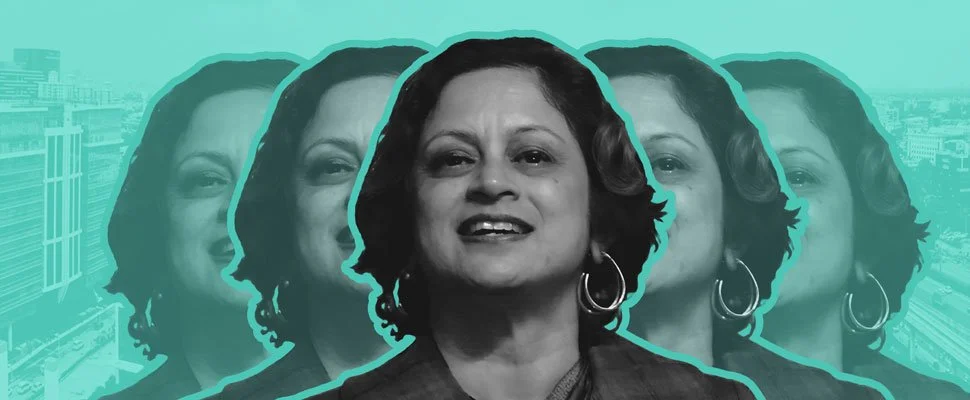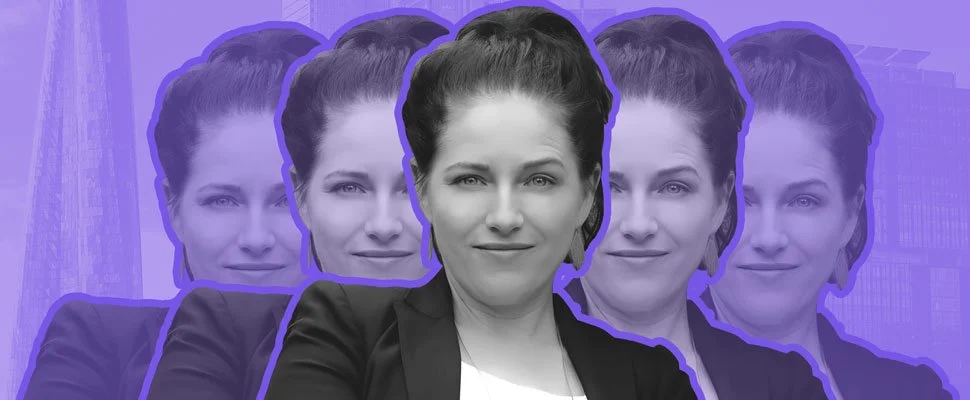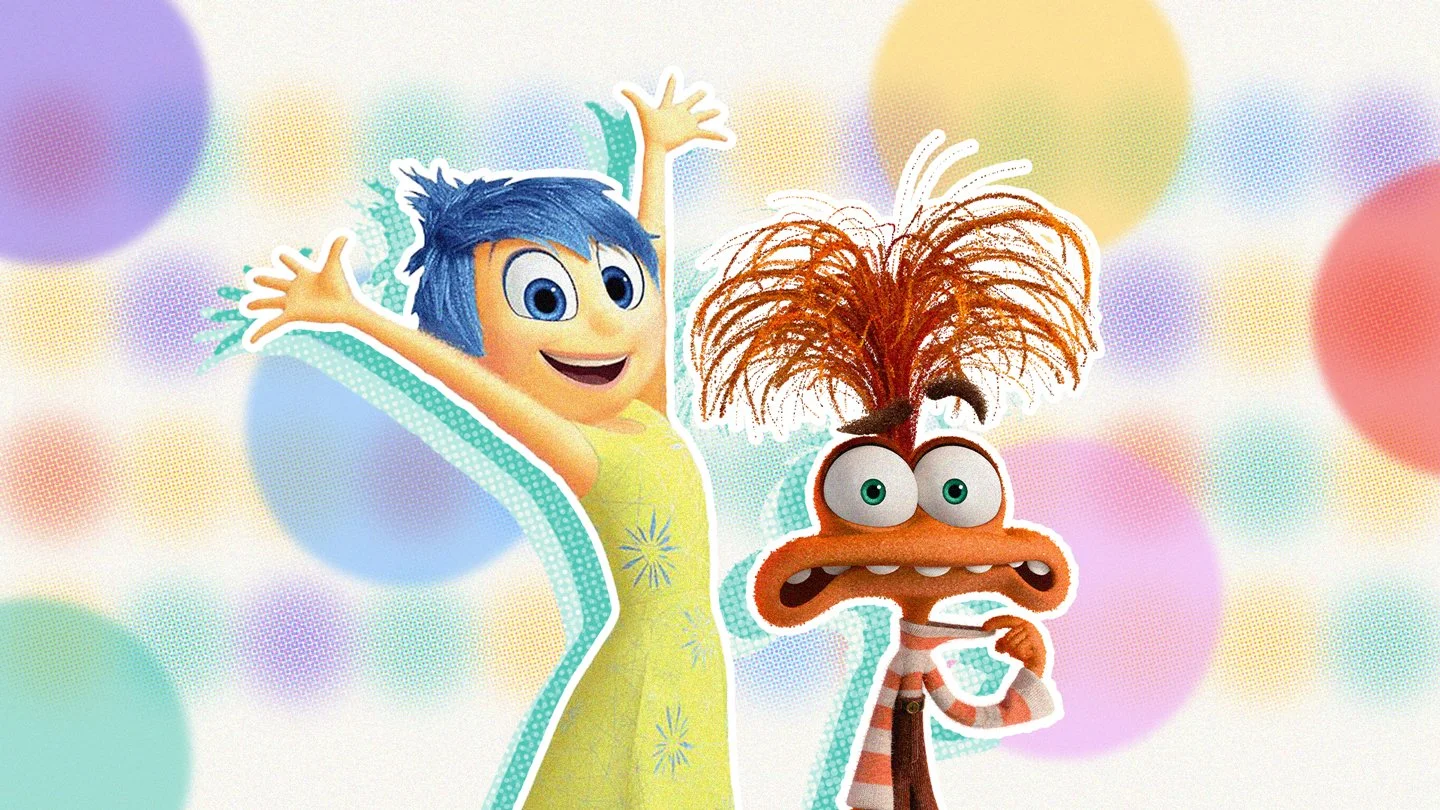Human on the Inside with Snow Australia’s Michael Kennedy
Human on the Inside. We’re big believers in the power of human skills. But don’t just take our word for it - the evidence for excellence powered by human (‘soft’) skills is everywhere! In this engaging, ever-enlightening series, we speak with industry leaders, innovators and game-changers to learn a little about their personal career journeys, and how human-led strategies, philosophies and cultures are proving a force for good in their working worlds …
Maxme: Welcome Michael, and thanks for stepping into the #SuccessIsHuman Spotlight.
You’re the CEO of Snow Australia - The nationally and internationally recognised National Sporting Organisation (NSO) for competitive snow sports in Australia.. In 1 sentence (ok, we’ll give you 3), what does this role entail?
Michael Kennedy: Snow Australia is the National Sporting organisation responsible for competitive snowsports. Think of names like Scotty James, Jakara Anthony, Lydia Lassila, Chumpy Pullin and Alisa Camplin. We are responsible for the sport pathways for all these athletes from the grass roots right through to the highest level of the sport, the Olympic and Paralympic Games. This includes athlete programs, events, training facilities/infrastructure and developing coaches. We work with literally dozens of organisations to deliver these athletes and programs including High Performance Institutes, resorts, clubs and of course the athletes' families. In simple terms we are the AFL or Tennis Australia of Snow Sport (with marginally smaller budgets!).
M: Kicking off your CEO tenure with Snow Australia in 2002, you’ve now amassed over two decades leading the organisation! In parallel, you’ve also Chaired various Committees at the International Ski Federation for the same period of time.
Your esteemed career started back in 1993, however, as Founding Director of Australian Winter Sports Camps - a role that remained your focus for the four years to follow.
In 1998 you commenced your next four year stint - this time with the Olympic Winter Institute of Australia in the capacity of High Performance Program Manager.
Over the course of your career you’ve also been engaged as a leading winter sports commentator and media presenter for broadcasters including Nine (2010 Vancouver Olympic Winter Games), Network Ten (Sochi Olympic Games) and Seven Network (2018 & 2022 Winter Olympic Games).
How does all this speak to your personal purpose and what drives you as an individual?
MK: I am one of the lucky ones! I’ve had the opportunity to live my passion via my career my entire adult life. I’ve had a love for the mountains and snow since I can remember, and have been fortunate to forge a career and a tenure as CEO of a National Sporting Organisation.
My longevity in the role is most certainly an “outlier” when it comes to my sports industry colleagues. The average CEO tenure in sport in 2024 is just under three years, yet I’ve been in my role for nearly 22. There are many reasons and contributing factors for this, but fundamentally I’ve been driven by a sense of purpose, fuelled by passion and steered by a deep desire to create opportunities for athletes, coaches and administrators to reach their absolute potential.
When I started working in snowsport there was very limited opportunity for a career. Every role I undertook was “newly created” - something I reflect on constantly. Among my biggest achievements are certainly the stable organisational platform we’ve created, and the opportunity for so many young people to have a career in Snowsport.
M: Tell us a little about your personal education pathway/s - what led you to where you are now? How closely do your formal qualifications match your current career?
MK: Not closely! I finished VCE in 1990 after taking an unfashionable gap year between year 11 & 12 to live in Colorado at a US Boarding school. On return home I studied Building Construction Management at RMIT, but after a year (and missing most of the lectures from July - September), I decided to defer and see where my desire for an endless winter would take me. I never returned to RMIT!.
I’ve been fortunate to have great mentors at key stages throughout my career. I backed myself to take on every opportunity that presented itself, even if I didn’t always completely understand it! I always made sure I had good people to call on to help educate me through any periods or circumstances requiring significant learning. I was never afraid to ask questions and did an enormous amount of learning “on the job”; whether it be in performance management, media or executive positions.
It was only 10 years into my CEO role that I took on some further education via Melbourne Business School - a course offered to Performance Leaders through the AIS. It offered an experiential learning environment which I really enjoyed and could quickly see myself pursuing further education in the future if the circumstances align.
M: If you could share one piece of career advice to your 21 year old self it would be ...
MK: There are no good decisions or bad decisions...just decisions! They all stack up to giving you breadth of experience, and depth of character, which ultimately lead you to who you become as an adult, a professional, a husband and a father. Always try to understand the consequence of each decision, but be prepared to take risks and lean in to your passion and opportunities.
M: Maximising the potential of individuals, communities and businesses through the power of human skills is the reason Maxme exists. Can you tell us a little about the role and / or value of human skills in your workplace or industry right now?
MK: Sport is a human resource business. We’re all about managing people; whether it be my team, athletes, coaches, or communities that support them. It’s also about collaboration. Delivering sport pathways across so many different disciplines (Snowboard, Freestyle, Alpine, Cross Country, Paralympics etc) requires massive collaboration, and central to every collaboration is people and most importantly the relationships with, and between the people.
I have an incredible team of staff that I work with. We’re not a big organisation (by comparison to professional codes), and so no two individuals have the same role. We need everyone to be operating in sync and harmony to deliver the massive breadth of work that we do. I feel I have built trust in my team by being an honest, authentic and compassionate leader. It’s what I strive to be, and I think my team appreciates that. So far, the outcomes have been amazing.
M: Self Awareness sets the critical foundation for all Maxme learning experiences. With that said … What's your strongest trait / personal superpower?
MK: Positivity/Empathy/Levity. The ability to create some light and perspective on what would otherwise appear to be darker moments. To give people confidence that no matter how bad things may seem, there is a pathway through where everything works out ok.
M: And on the flip side, what’s one human / ‘soft’ skill you’ve had to really work on improving over the course of your career?
MK: Listening. I tend to want to jump to solutions. I need to work hard to listen because sometimes that’s all that’s required to resolve or move through a situation. Also patience. I’m not terribly patient; whether it comes to waiting in line, or waiting for someone or something.
M: If you could share one piece of career advice with recent Uni graduates or candidates keen to work in the fields of sports & high performance management more broadly, what would it be?
MK: Say “Yes”. Whether it’s being asked to take on something seemingly mundane, or being offered an opportunity completely out of your comfort zone, say “Yes”. You simply don’t know where it will lead.
If you’re working in a sport or space you’re passionate about, say “Yes” even more quickly. I’ve been fortunate to live my passion and experience the most incredible things by taking every opportunity that was presented to me, which often meant saying “Yes” when I had no idea ‘how’!
As you get older and more experienced, you understand that most of the things you were worried about weren’t worth worrying about at all. I’m always wary of employing or giving opportunity to people who don’t instinctively lean in to a challenge.
M: You’ve been granted approval to add one University graduate to your business, but have 100 applicants, all with outstanding academic results. How do you find your perfect candidate - what are you looking for?
MK: Someone who is interested in our business. Who has done even a small amount of research on who we are and what we do. Someone who can maintain eye contact in an interview and can speak confidently to what motivates them and what they’re passionate about. Someone who expresses a willingness to roll up their sleeves and admit their shortcomings, and has a desire to learn.
To be honest I couldn't tell you which of my staff have graduated from University. They weren’t offered the role on that basis. It may have got them through the algorithm when we advertise on a recruitment platform, but it didn’t ultimately determine if they landed the job or not. They would have accumulated different experiences across different types of casual or part time work, and were able to articulate what they liked and didn’t like about each experience and it taught them. It’s ultimately the applicant’s willingness to “lean in” that overrides all.
M: In the words of John Dewey, “education is not preparation for life, education is life itself.”
What’s next on your #learning agenda?
MK: It's a great question. In every career there is a start, middle and end, and after 22 years I’m certainly closer to the end than the middle!
Whilst the timing is not yet known, my next chapter will be exciting and nerve racking as I will no doubt seek to put the considerable skills and experience I have amassed from this journey into a new one. My biggest learning will be exactly how much of that translates, and how much I need to “lean in” and step out of my comfort zone to find fulfilment and joy wherever and whatever that may be.
Ready to develop the human skills within your organisation, team or self? Explore our menu of Maxme Products & Programs or simply download the Hodie app to get started today.
Prefer to talk through your options? Simply contact us at any time.




